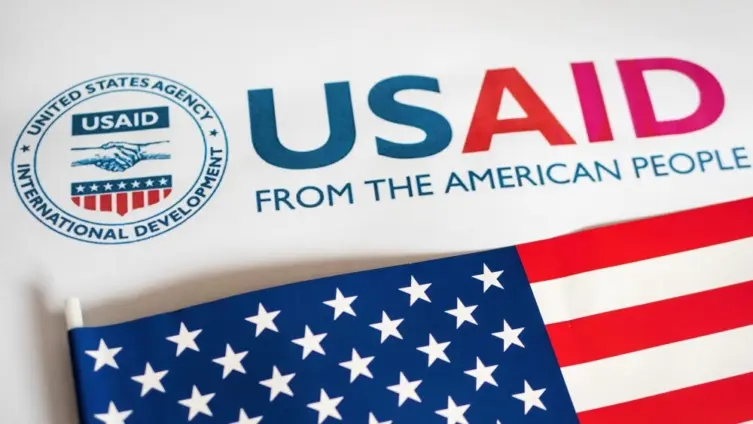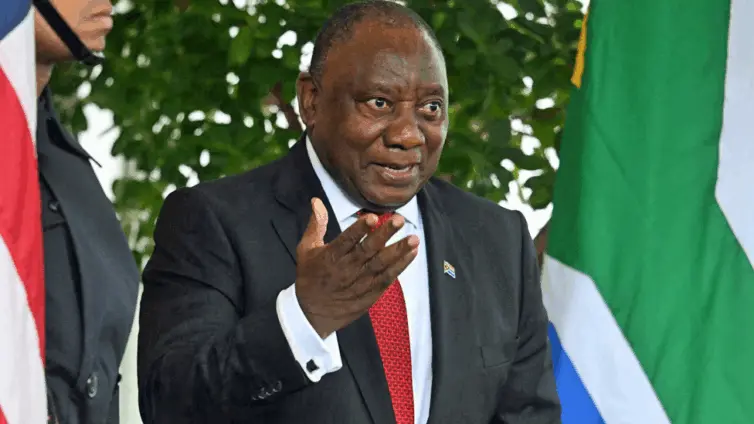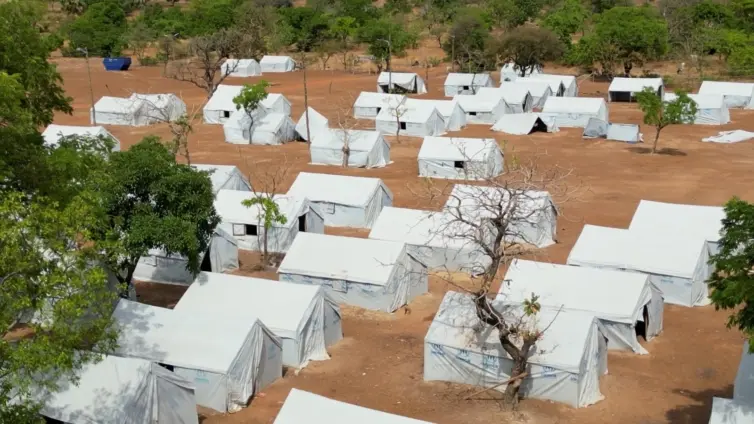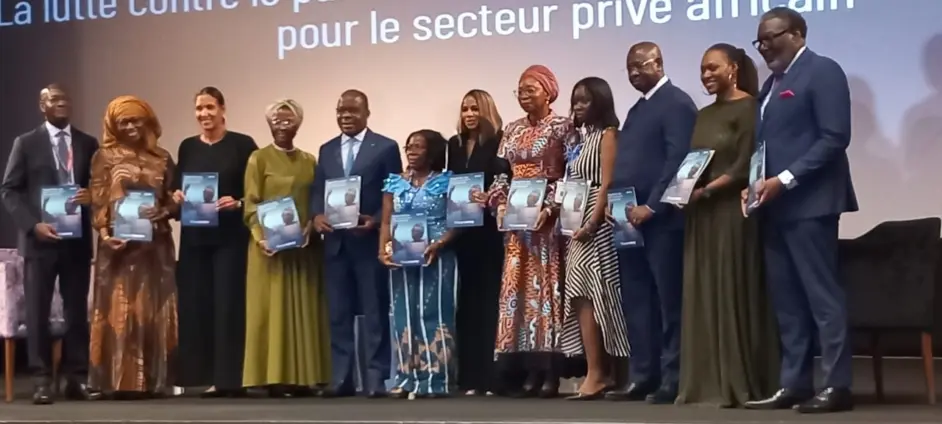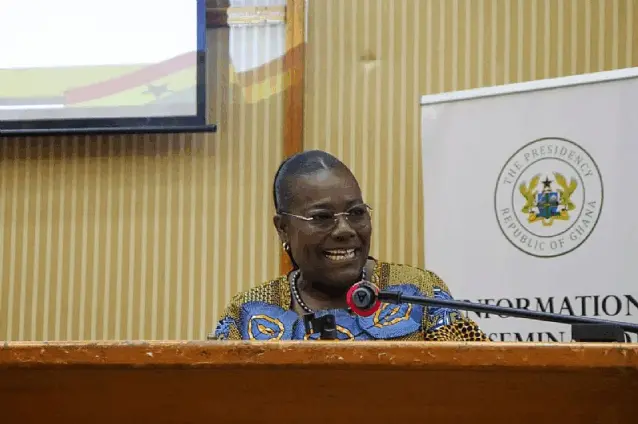In a moment of stark candor, President Trump recently acknowledged the “devastating” impact of USAID foreign aid cuts. The admission, made during a White House press briefing alongside South African President Cyril Ramaphosa, has sent ripples through the international development community, raising concerns about the future of critical aid programs.
USAID, the United States Agency for International Development, serves as the primary U.S. agency responsible for international development and humanitarian assistance. Its work spans a vast array of programs, from healthcare and education to economic growth and democracy promotion. The USAID foreign aid cuts, therefore, have far-reaching implications, particularly in regions like Africa where the agency plays a vital role. Trump’s statement has amplified worries about the consequences of these reductions on global humanitarian efforts and U.S. foreign policy. The breadth of these cuts is generating unease amongst policy experts and international aid workers alike, stemming directly from the President’s recent remarks.
“It’s devastating, and hopefully a lot of people are going to start spending a lot of money,” President Trump stated, responding to a reporter’s question about the impact of the cuts on Africa. The setting was a press conference held in conjunction with South African President Cyril Ramaphosa.
Trump’s justification centered on his assertion that other nations were not contributing their fair share. “The United States always gets the request for money. Nobody else helps,” he claimed, echoing a sentiment he has voiced repeatedly regarding international financial obligations. The administration has consistently defended the USAID foreign aid cuts by asserting that they are focused on eliminating waste and inefficiency, but critics argue that the reductions are undermining critical programs and damaging America’s reputation as a global leader.
The United States has historically been the world’s largest humanitarian donor, providing at least 38% of all contributions recorded by the United Nations. Last year, the U.S. disbursed $61 billion in aid, with over half channeled through USAID. This underscores the agency’s significant role in global aid efforts, providing essential resources and support to countries in need.
In 2023, South Africa alone received $500 million in aid from the U.S., primarily directed towards healthcare initiatives. However, much of this funding has since been withdrawn, though the precise amount remains unclear. The impact of these withdrawals is particularly concerning given South Africa’s ongoing challenges with HIV/AIDS.
South Africa carries the world’s highest HIV burden, with approximately 8 million people living with the virus. Washington had previously funded 17% of the country’s HIV budget. According to a Reuters report, the USAID foreign aid cuts have already led to decreased testing and monitoring efforts, raising fears of a resurgence of the epidemic.
While unconfirmed, some reports have also mentioned Elon Musk’s potential oversight role following the gutting of the agency due to his South African background. In addition to the potential oversight role, the USAID foreign aid cuts are also subject to multiple federal lawsuits, challenging the legality of the cuts and raising procedural issues. The outcome of these lawsuits could significantly impact the future of USAID and its ability to provide aid to countries in need.
The potential for other countries to step up and fill the void created by the USAID foreign aid cuts is a subject of much debate. Whether this will lead to a redistribution of aid responsibilities or a general decrease in overall assistance remains to be seen. Some experts suggest that the cuts could incentivize other nations to increase their contributions, while others fear that they will simply exacerbate existing funding gaps.
The USAID foreign aid cuts may also have a detrimental impact on U.S. soft power, potentially diminishing America’s influence and standing on the global stage. Foreign aid is often viewed as a tool for strengthening diplomatic relations and promoting U.S. values abroad. By reducing its aid commitments, the U.S. risks alienating allies and undermining its ability to address global challenges.
The long-term effects of the USAID foreign aid cuts remain uncertain. Future developments and policy changes could further influence the situation. As the global community grapples with complex challenges such as poverty, disease, and climate change, the role of foreign aid will continue to be a critical topic of discussion.
President Trump’s admission regarding the “devastating” impact of USAID foreign aid cuts underscores the significant implications of these reductions. As the agency responsible for providing humanitarian aid, the impact of these cuts may be widely felt, especially in vulnerable regions with healthcare initiatives like HIV/AIDS programs in South Africa. Coming directly from Trump’s recent public statement, this candid acknowledgement serves as a stark reminder of the challenges facing the future of foreign aid and the importance of ensuring responsible and effective policies.
Image Source: MYJOYONLINE

